SEASON ONE FINALE
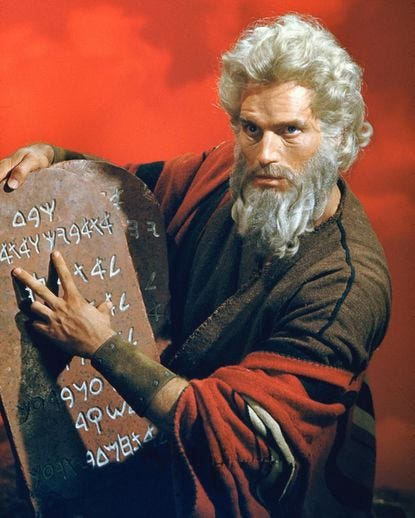
DG#1
People expressing their opinions online with their money? Is that what it is? How do you trust someone that you’ve never known IRL when you don’t know if they’re using their real name, or if anything that they tell you is trustworthy, or if they are even human? I imagine that hard and soft used in this way comes from the cultures of science and technology, right? Thinking about religion, what comes to mind is Moses descending from Mount Sinai carrying stone tablets, the Word of God written as codified commandments… Was that Moses? God’s voice is the creation and destruction of the universe, so how did Moses even hear the creator in the first place? Could there be a more humble or self-deprecating way of proceeding — in a Wittgensteinian sense — where the code remains law while we exercise humility before the fallacious or tragic reliance upon that code, to recognize the imperfection and act in accordance to an understanding of the imperfection of the code?

DG#2
Did you have a look at the book? Might it be endearing to say, I hate myself because I am a man or *I self deprecate my position literally and symbolically? *What kind of new world might that bring about? What do you think about that as a provisional method? Is that right? It started with a translation problem, didn’t it? What was that about? What is the Danish word for tangle? Play of kin or battle to the death? Am I getting that wrong? What is this that we’re doing and what is it for me? We design into the constraints of a particular project, because without boundaries — with an infinite potential of possibilities — how does one even know where to begin? How do we know how to make decisions?

DG#3
Was it common knowledge at this time that video cameras were banned? Was the government trying to suppress the production of documentation of what was happening there? How could he dress so conservatively? Would the government even issue us visas to come into the country? Was there an explicit purpose for shutting off electricity? Was it to control communications and to take down channels of communication? To exert brute force control over the people to remind them that they are being dominated? The government discontinued the use of one currency and replaced it with another to render everything in circulation obsolete? What kinds of strategies are being implemented to circumnavigate centralized control? What has been attempted and failed, or what is currently underway with this international collaboration effort? How is social credibility built? How is it formed? How is it imagined? How is it distributed? How does this network of people that have had everything taken away from them successfully mobilize against the panoptic surveillance government leveraging brute military strength, in control of all the means of production and all of the resources? Do any such things exist in our economy these days? With the situation in Myanmar, how can the government be allowed to exist — by the global community — if the people are being denied the most basic access to food, clean water, and electricity? How might what’s happening in Myanmar inform our use of cryptocurrency in relation to this new economy that’s starting to emerge? Also, where’s the reciprocity? How does a virtual economy purporting to exist outside or parallel to the current economic infrastructure reciprocate with the local needs of the community we have been discussing? How can the meta economy of crypto help people in need obtain the physical materials they require for survival, especially considering their limited access to open and free media outlets? Any volunteers?
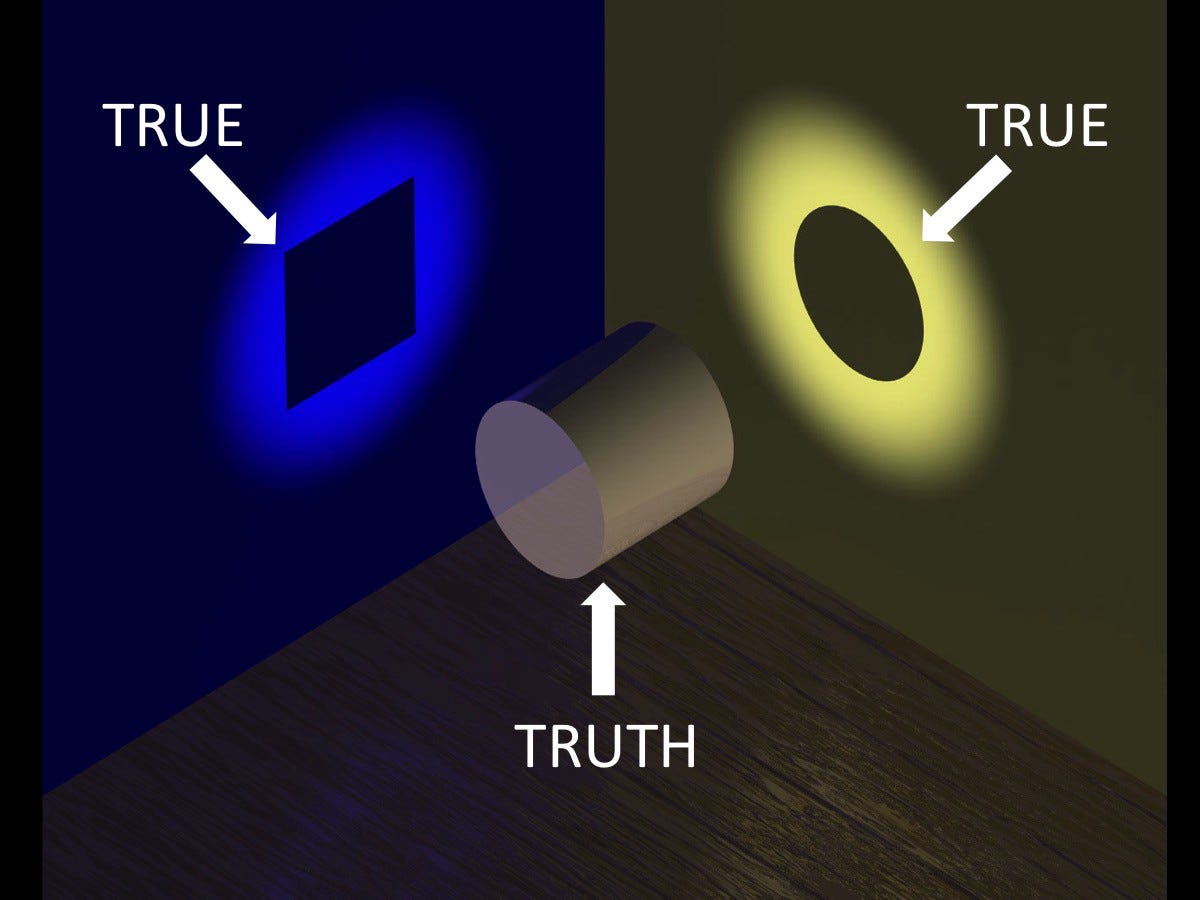
DG#4
Is it worth it in consideration to all the other things that we might be pouring energy into? How might we put into conversation the principle of symbiosis and sympoeisis with a resolution of the world that is not merely resolved through industrial geoengineering? How we might think of this projection in terms of the technological point made earlier? How might we build our relationship towards a possible resolution of the technological that will — in Benjamin Bratton’s terminology — bring the black stack to come? Bring the unexpected artificiality that we still have not been able to wonder? How do these components intermingle to allow us to gain clarity upon governance? Upon what is to be governed and what needs to be governed and the purpose of governance and who might be governing who? How is the resolution — as the visibility and the legibility — and the constitution — as the organization and codification of that organization — wielded as power? How can I relate and reveal the legibility of that mineral world? Or with the vegetal world? Why is that insulting? What image might put into question the affirmation of selfhood and provide an image of emancipation that will not be received as — perhaps the most important value of modern society — a defense of the individual? How can we think in other images or in other potentialities to open emancipation beyond the imperative of the individual?
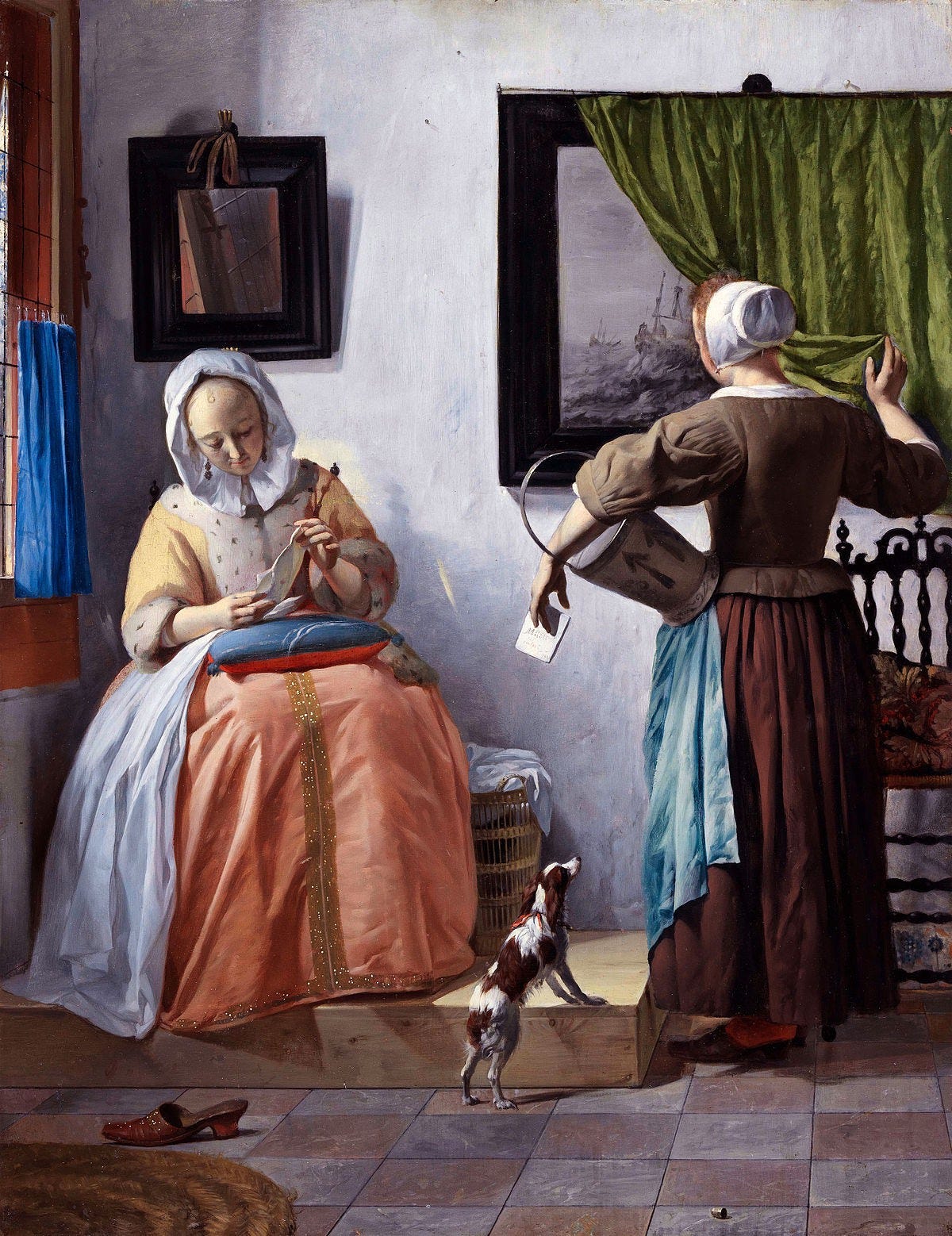
DG#5
Why call it research? Where does that come from? Is that yours? Why research, as opposed to another word that might carry a different set of cultural connotations or imply another level of rigor or causality or casualness? Why call it research and not a conversation? Why research as opposed to a story? Why research? Is that about importing an idea of seriousness? Research typically implies a method, so are there presumptions about method? Why research is also another way of asking what is the method? Might we steer this back to what we’re doing in this project and what our intentions are? Did you have some questions about genre, style, and how we render the objective of this research to convey a certain methodology for a purpose or to make it legible? If what is seen cannot be understood in the self-same moment, then what is understanding if not a re-presentation of an experience that could not be comprehended in continuity with its being experienced? Have you read this text, Eichmann in Jerusalem? Who is clamoring for no passports? How do we think about the ideal of no passports historically? How does that relate to the possibility to utter such statements made possible by the great privilege of having a passport from a certain nation? Let’s not attempt to kill the idealism — because the idealism is fucking rad (!) — but might we rescue that idealism from toothlessness?
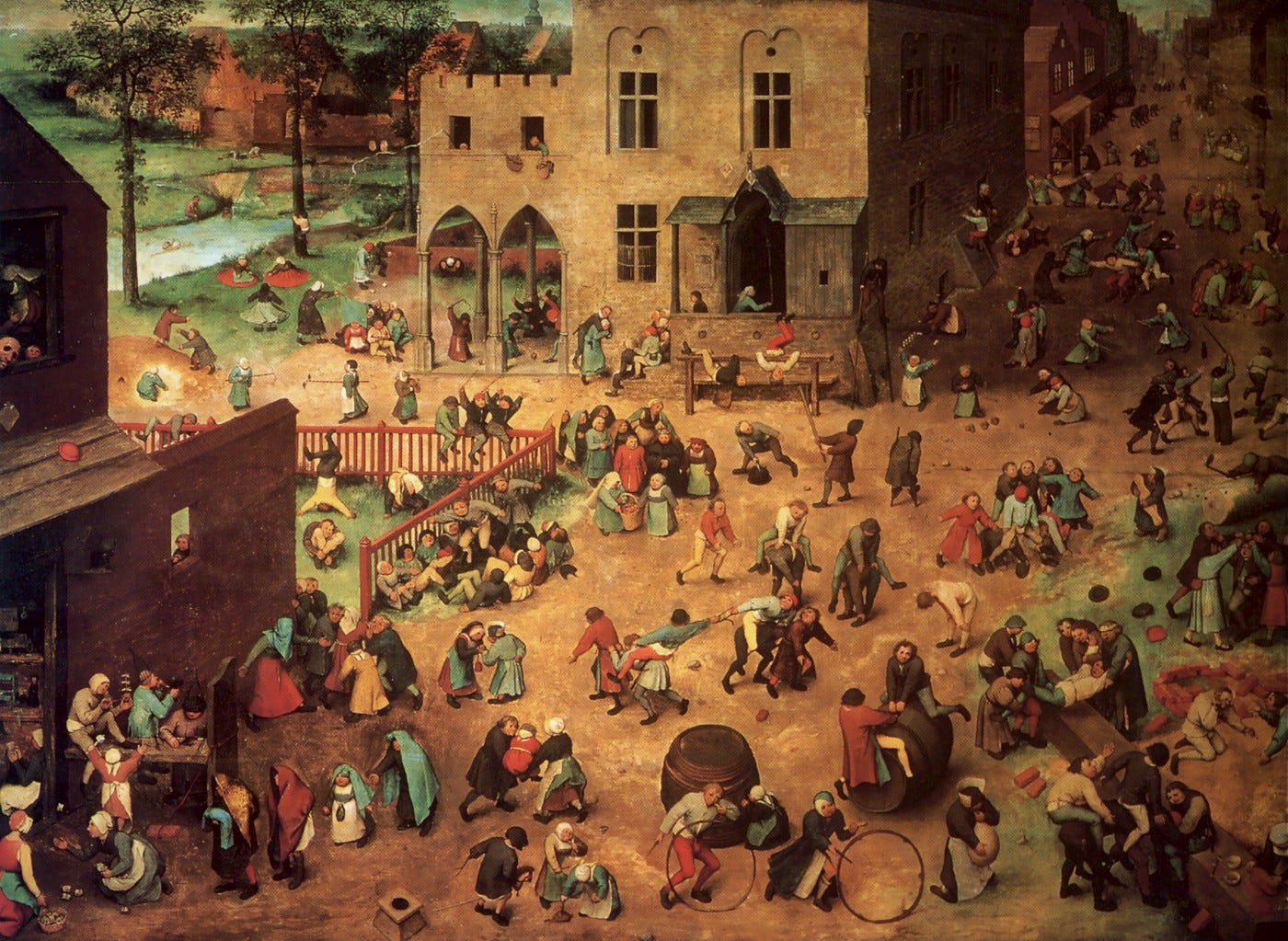
DG#6
Do you know the band Sunn O)))? Second, let me ask in the same breath, how do we compose this way? The question for me is: after we coordinate successfully, what purpose are we accomplishing? Alongside that, when does the ethical or the ecological or the sustainable futurity come into the equation? Is it forgivable or admissible to become obsessed with coordination itself, because that facilitates these other ideas to come later? Or must we refrain from becoming preoccupied with the means of production and focus upon the purpose of our productions? I really like to think of it as: what obstacles can I introduce to trick myself into forgetting about efficiency for a while, to just nurture these ethical, cultural, social, and artistic aspects of what we’re doing? Whether it’s a cultural stutter or a neurological stutter I’m not so sure, and what’s the difference anyways? If we’re thinking of ourselves in an expanded ecological network, as a networked self tethered to each other, are we stuttering on this notion because we don’t have the words? Is it a clumsiness like a jagged, percussive stuttering? To bring it back to the musical score, how do we notate the opportunity for the stutter so that we can embrace the clumsiness of the composition and somehow stir up a joyfulness in the collaboration? If it’s a matter of shifting our composure and focusing upon coordination in another way, how do we broach the subject with those that are moving so quickly, so boldly? How do we approach that conversation? How do we invite the other to slow down and to unlearn this preoccupation with efficiency and speed? What does it reproduce? What is it producing?
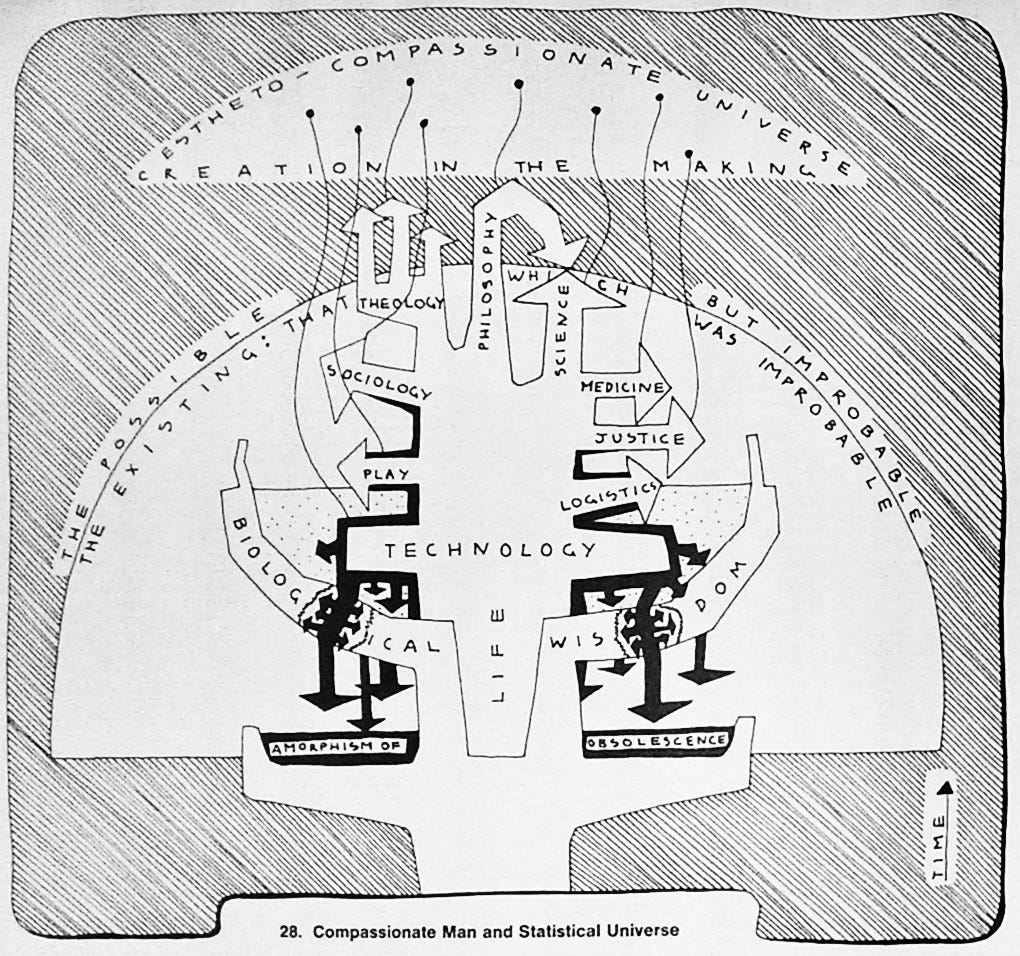
DG#7
Who is the audience? Who is it that we want to influence? Who is the general reader? That’s one thing I wanted to ask you about: what is the rightness that you’re referring to? How do you communicate advanced technical, complex ideas without using your jargon? How much of this conversation will be comprehensible to anyone — expert or layman — in terms of recognizing or comprehending the motivation for the project in the first place? What are you trying to achieve and for whom? Is there anybody looking at the role of Ethereum ecosystems in the bigger picture of community economic ecosystems? The immediate question is: how do you avoid that? If you get enough eyes on the subject, somebody is going to eventually say, Oh, did you think about this aspect of it? When does simulation come in? How does our ability to compose the fidelity of our simulations through our technical jargon and our visual models determine our ability to interact with and navigate these simulations? Might we understand the efficacy of a simulation as a reductionist model that allows us to achieve a minimum distance from reality, to understand our circumstances in a different way? When does a material become a resource? When does that resource become so valuable that we call it treasure? How do we negotiate the tragedy of the commons by exercising such a sophisticated, intentional, resilient, and non-fragile strategy of management that our materials get to where they need to go, but we do not deplete the regenerative potentials of that resource? How do we design governance modalities and treasury management schemes in ways that preserve both? Is this possible? Are they mutually exclusive? Can we increase individual autonomy within decentralized organizations in order to increase the sovereignty of the organization? How do we think of decentralized organizations interfacing with centralized organizations? For example, how does crypto interface with legacy government schemes through tax regulation, the SEC, the IRS, etc.? There are a few people in the cryptocurrency world that are starting to power their mining operations with solar, aren’t they? To take advantage of the geothermal cooling? How do you get rid of the heat?

DG#8
That’s kind of how power works, right? This brings me back to thinking about the Myanmar situation in relation to these cryptocurrency ideas we have been discussing; what does it mean to play this game and who doesn’t have the status to play the game and why don’t they have the status to play the game? When you get left out of the game, what sort of statelessness is imposed upon you because you are not able to join in to this weird meta economy of virtual governance? What is this desire to order and abstract the world around us in order to make sense of the chaos and be able to count things and apply value to them in little categories, little parcels, as opposed to keeping them open and fluid? Nicolas Bourriaud, right? The guy that makes curry in art galleries and then he calls it radical politics or emancipatory coordination? The LungA School in Iceland; it sounds like a dream, right? If you’re in the position to experiment, to have these radical meta conversations, how do the learnings get deployed in ways that benefit people on a more practical level? Does me saying this drag down the high-level abstract thinking? The negotiation occurring at the interstice raises eyebrows and breeds suspicion from all parties, for how could the negotiation result in a sustainable art project? How do you design a project, whether it’s art or business or otherwise, that is somehow able to generate value without causing more harm? To distribute that value in a way that truly benefits all with no losers or victims and is able to be transparent in it’s motivation so that there’s no deception, no need to turn a blind eye to local peoples — often women and people of color — that are not included within the scope of the project? Can you live a life that is an art work? Do you document it? If you do, is it authentic living or does it become something else because you’re still performing? How do we trust those stakeholders to keep the greater good in mind? Is this reducible to race or does anyone know how to effectively keep the needs of the greater good in mind? Who is it that might be advocating for a society with no passports? Who views legal legibility as an encumbrance more than as a protection or as a right or as a certification of identity? If there’s a tension between the utopian ideas being produced by people already benefiting from current systems not necessarily having in mind people who are not benefiting from these systems, is the utopia really applicable to everyone? Does the borderless, passport-less, autonomous and anonymous sovereignty extend to all people in these manifestos and idea spaces? How much of this community’s advocacy for a truly decentralized, autonomous, and open structure is repeating exclusionary structures? How can we come to recognize and test if the motivations are sincere? If so, might they be failing in the execution? Is this perhaps a larger ontological or epistemic problem, that we’re trying to devise a solution for something by referencing a record of cultural and political failures throughout history? Can we figure out a way to leverage this knowledge and tech to serve as a tool that would benefit the revolutionary community in Myanmar? Might we learn to subvert these tools for our own purposes, to distribute currency from those that are willing to give to those that need it at street level? Where are you? In a park right now? Might we leverage this ideology to inject new perspectives into the legacy system, like an ideological COVID that is injected into the delusional, cancerous, obese, bloated corpse of the legacy government economy? Did you ever get to read it? What would an indigenous community think of cryptocurrency? Is there any interest or curiosity in exploring that through this DeathGuild research? To take a completely different system of thinking and see how it is assimilated or digested? Can the ancient stories be given a new voice and the lessons finally internalized?
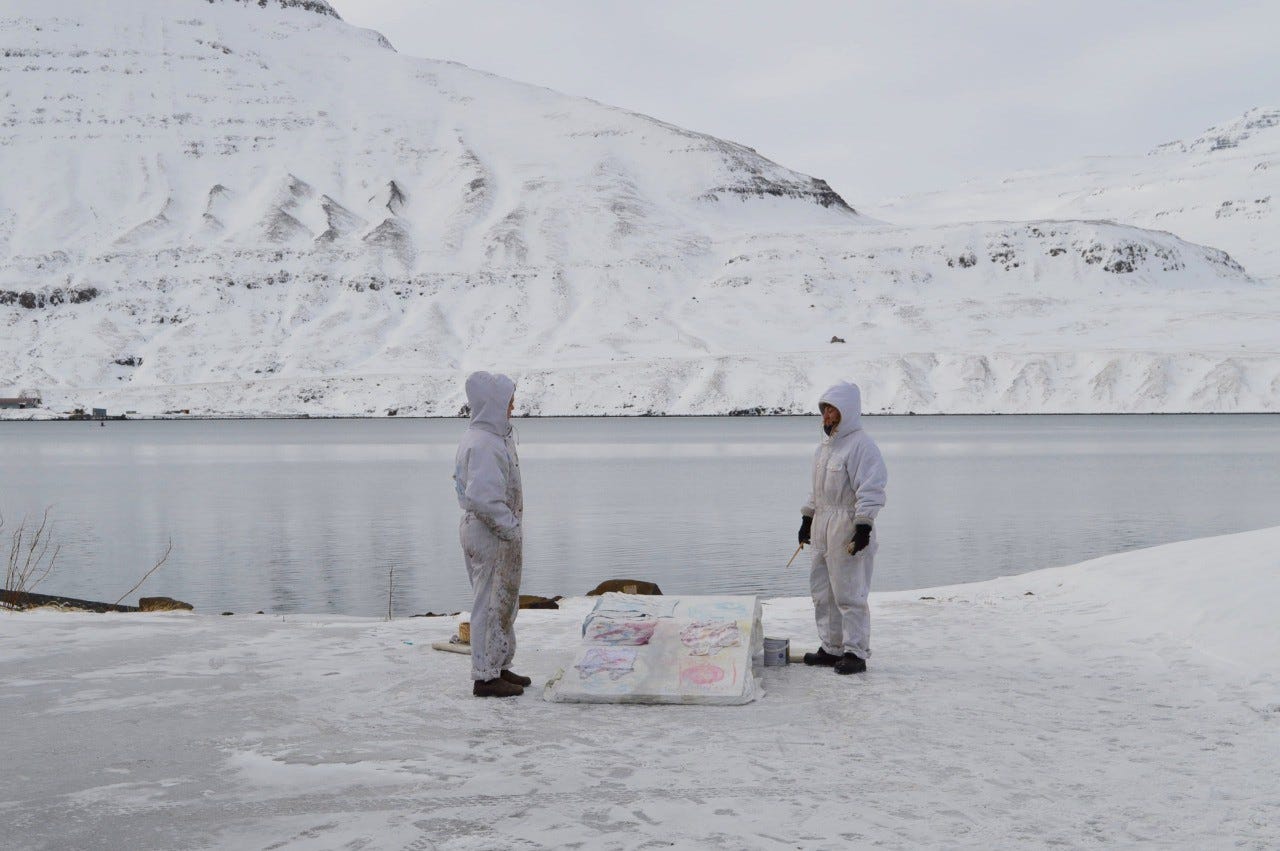
DG#9
What do you think about that as a setup? Where should we start? You mean the fundraising was a failure? Does that mean that you did not own the house? Why is it so easy? After we had the idea of a school-like situation that we would like to invite people into, we started asking how do we do it? The children of the town would eat lunch and then the fish factory workers came in to eat after, right? What more do you need really in addition to that? Maybe you can tell me a little bit more about that in your own words?
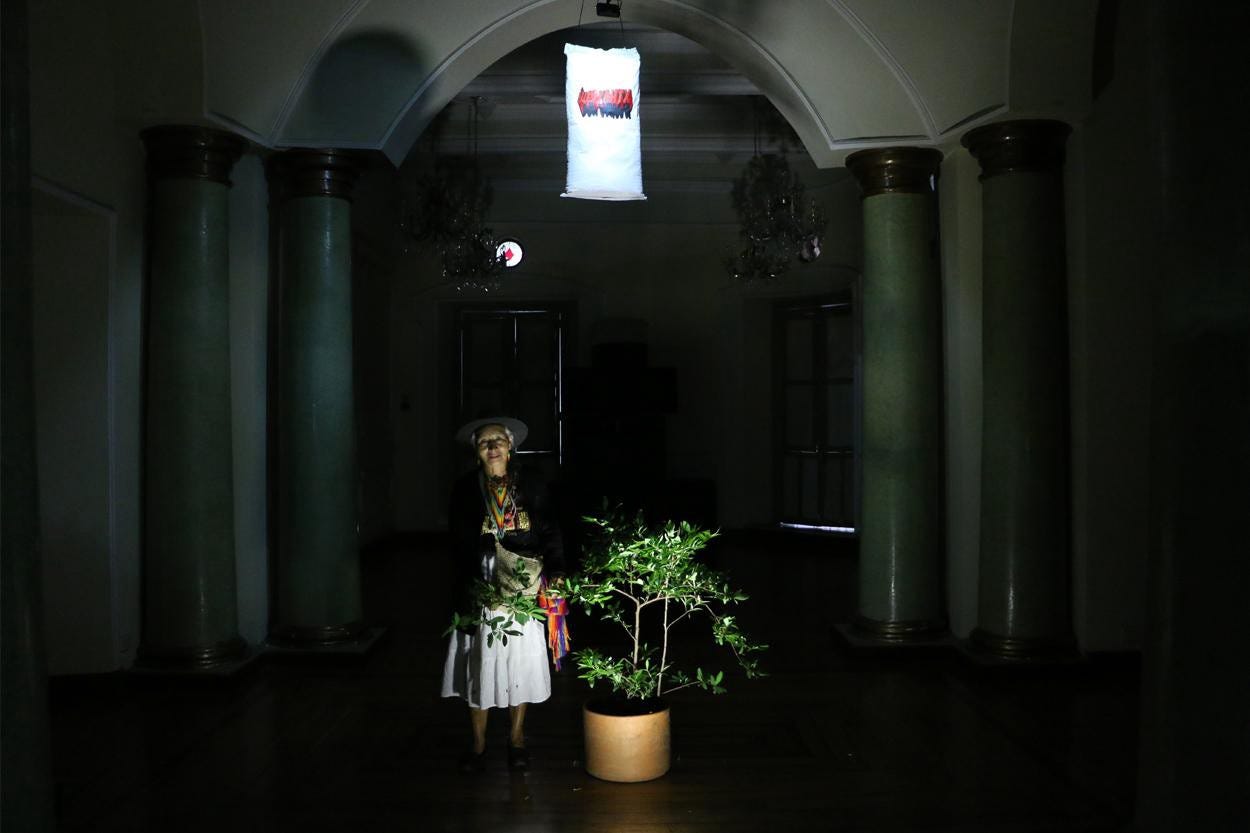
DG#10
Is that a relevant or interesting comparison to make? That being said, how do we resolve what we have resolved through art, without art? How do we resolve what we have resolved through the symbolic, without the symbolic? What is the material conversation that the Nasa traditional doctors experience through their relations with plants that we have constructed as art? How could they work in a different way? In what way could we perform the potential of what is opened through these conceptions that will not become the exotic landscape of cannibal necessities? Sorry, could you clarify that? There was a falsity that you were keenly aware of, as though the indigenous works were being appropriated and fetishized and this constituted a failure? There was a missed opportunity? How do we resolve the problem of labor not procuring emancipation through labor? How do we think-ourselves through our relations towards each other and towards the Earth beyond mere systems of production, beyond the terms of productive labor? How might we re-think those economic systems and configurations untethered from virtuality? The latent potential of Western art is to create distance from the phenomenal world so that we might engage with this potential and pivot our perspective, but how do we perform this without the delusional infrastructure of what art has become? How do we internalize the lessons of art and integrate them into our everyday life, so that art itself might dissolve? Reason enough to let it go?
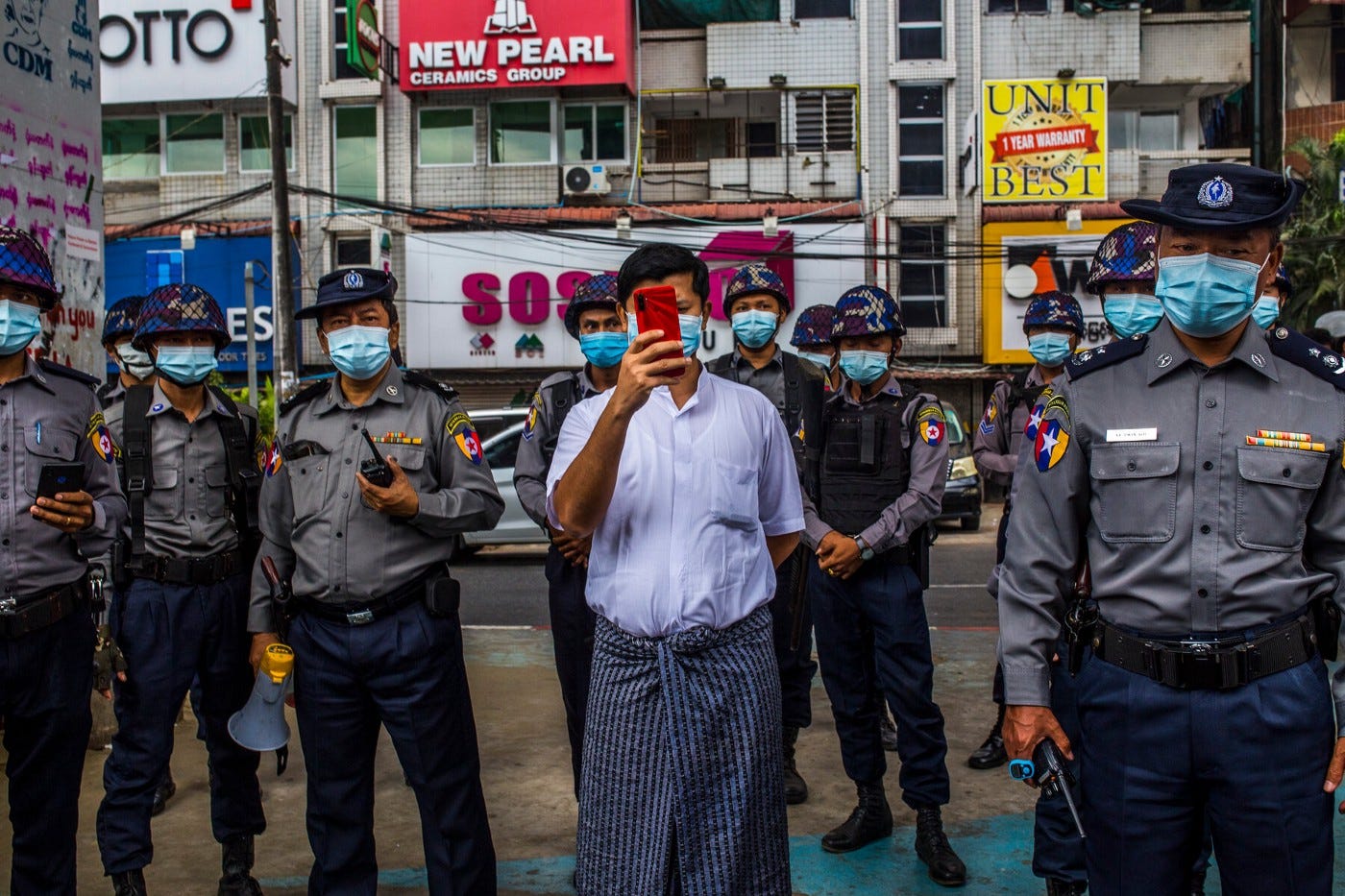
DG#11
Is that right, or how do you see it? You mean there is a possibility that someone could be weaving an elaborate scheme for malicious purposes to steal this money? Could we potentially be charged with war crimes? Could it actually go that far? Do we care? You are serving as a custodian to an account and then you send that money to the professor and he passes it along to Kyaw Kyaw? What’s the final step? The music compilation generates money through sales, people pay you through PayPal, you transfer that to Kyaw Kyaw’s Swiss girlfriend, and how does the girlfriend extract it? She pulls out Swiss francs and they trade it at a local currency exchange in Myanmar? It comes out as cash and then people at street level pay for the materials that they might need for the resistance efforts there? You know when you can feel emotion in a text message when a situation is really intense? Yes, we were discussing how the government is flexing control over all of the resources, such as electricity, but what about data? These people don’t have bank accounts, but they have cell phones? They’re able to reliably connect to networks that are not being shut down? What about GPS tracking, for example, or the data trail that the transaction history is creating between your PayPal account and the Swiss girlfriend’s PayPal account, or the professor’s accounts? Do you hear of instances of the government persecuting people based on transaction history or communications being shut down? How would someone on street level in Myanmar turn crypto into food, medical supplies, or local services? Where’s the Silk Road of COVID vaccinations and oxygen tanks?
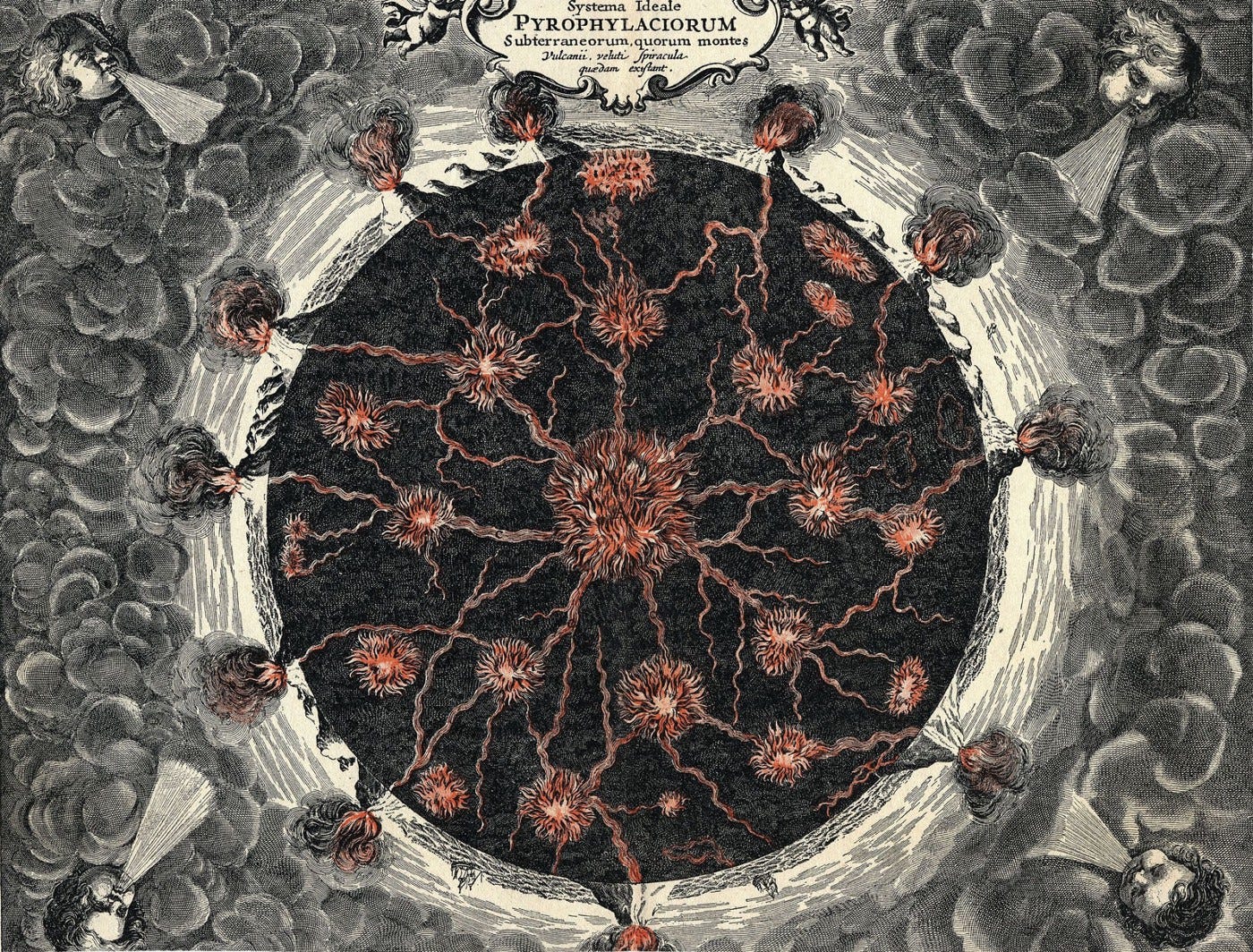
DG#12
How are you? Has your head been full of wonderful delicious dreams of universal basic income algorithms and geothermal heat dissipation solutions for decentralized world finance computers, or have you been occupied with even more exciting things like building libraries of self-reliance literature and contemplating the waste that is grotesquely flowing out of all of our human systems? What do you mean stuff that’s different from that? To the extent that it’s conceptual abstract knowledge rather than phenomenological or experiential knowledge that we acquire from interacting with the world? Certainly it also goes both ways? If we could somehow collect that diversity of perspectives and unify them by our human coordination, what potential might that unlock for how we could teach each other to see the world differently? Where does the artist fit in? Where does the visionary fit in? What kind of person is the rancher telling the anecdote? Where is the core of the rancher’s message? Could we learn to embrace a perspective where a multiplicity of languages co-exist simultaneously? To allow that each might be appropriate for interacting with a specific level or dimension of reality, but that there is no singular universally true reality to be defined by one singular universally true perspective? Might we at least entertain a multiverse or a pluriversality rather than defending a universality, the necessity to incorporate many perspectives rather than resolving the single perspective? How might we embrace that as a way of knowing, as a way of sharing our anecdotes on knowledge and gnosis? What is real? What is the most real? How is that real put into dynamic tension? Is it the conception of the world, the projection that we cast and that we enter into mentally? Or is it the physicality? Is it the corporeal instantiation, the embodied experience? Is it okay to interrupt here for a moment? If that happens, then what, and how does that affect me? Why did that happen? Why do you think Michael Reynolds would choose to do that? Such a powerful dream with so many people organizing behind it and then it comes down to the decision of one man? What motivates the centralized force to squash the potential of the decentralized community? Can you identify specific motivations for wanting to do that? Was the Star Community antagonistic to something that he was building? How do you build community? How do we evaluate or measure the health of a community? How do we identify and design the potential of a community to become sustainable and remain viable through the long-now? If you were able to go back and do it again, do you believe that you would be able to design a decentralized solution that would somehow be able to combat this centralizing force and regain collective autonomy? How could it be designed differently? Would the community be able to sustain itself without Michael Reynolds? Can you identify some of the key roles that you’ve encountered and identify the role you have taken on? The free rider problem, right? What is an intentional community in a nutshell?

DG#13
Do you have any sense of how people are responding so far? Is this like therapy for Travis? Did you compile a literature review and write abstracts on each article? Or better yet, did you collect a random sample of sources and perform independent probability statistics on reported results? No? Do you mean the audience that will be reading the articles or the other DeathGuild contributors? The question of research relates to power, right? Who’s in a position to evaluate? Is there an evaluator? How does that look? Are the procedures of evaluation always abided by faithfully or is there inconsistency in how they’re applied? Even if there isn’t an official review of what you put together, what does the informal evaluation of it look like? Who’s clapping for what? How does power play into that? How do we render a metric of the relationship between those two things: steward of the community and editor for an audience? Can you tell me about your unease? When does an articulation crossover from shared agonism to rivalrous antagonism? What does agonism look like? How might we inhabit a space of shared agony? Might we somehow cooperate in recognizing the need for a deontological orientation? Might we support each other to exercise agency in shifting the circumstances that are imposed upon us? Who is asked to sacrifice in what kinds of contexts? What counts as sacrifice and who isn’t sacrificing?
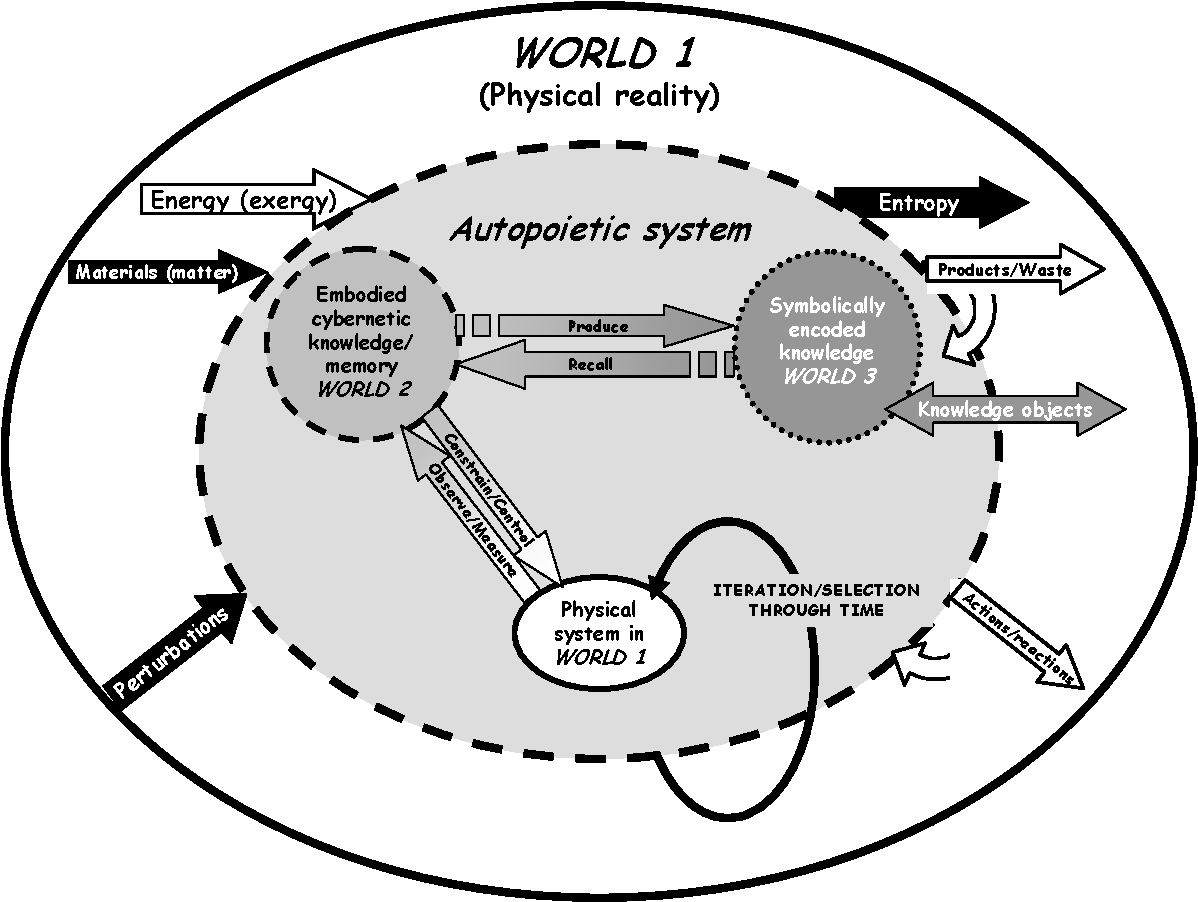
DG#14
How do we maintain the goal of this research while relinquishing the need for such a pragmatic goal in the first place, to remain open? How do we design for openings? How do we make space that proliferates inclusivity? How do I speak with a plant? How do I speak with a cloud? How can we code when the systems are not giving? How do we speak to the mountain? He said, the houses are dead? That they are cold houses? How do we know that we are participating in our community in a way that serves our neighbors or that even serves ourselves? What is this entangled network of power relations operating at the infrastructural level? Perhaps my question here is: how do we begin to design our information differently, from the middle out? How might we design our human industries to actively distribute that power, rather than condensing and centralizing it? Where is the road that we are paving with these good intentions really leading? Is it the blind leading the blind? This is the crux of the issue of visibility: can we *re-cognize *where we are going? Can we identify the architecture that we are constructing while remaining inhabitants of cold houses? How do we escape these patterns? What is a decolonized governance modality? Back to my initial prompt: how do we evaluate the health of our community? How do we build in resonance to local patterns? What to do with the African sculptures in these collections that have become treasures of the queen, but represent a paradigm of stolen artifacts? Similarly, how should we consider the international debt system when all these monetary transactions are built upon colonial standards? How might we come to think through a sympoietic process, in resonance with Donna Haraway? How might we inverse the dynamics embedded in all these technological conglomerates that are transversing our quotidianity? How do we end that cycle without ending the model of life, without imposing violence upon natural systems? How do we end the world without destroying the world, allowing the world-image to regenerate into another form? How to pronounce ourselves through the possibility of patterns towards a possible emergence of an outside that has always been inhabiting us? How might we design the potentiality of addressing ourselves as something other than ourselves? How do we construct and trace links from that space?
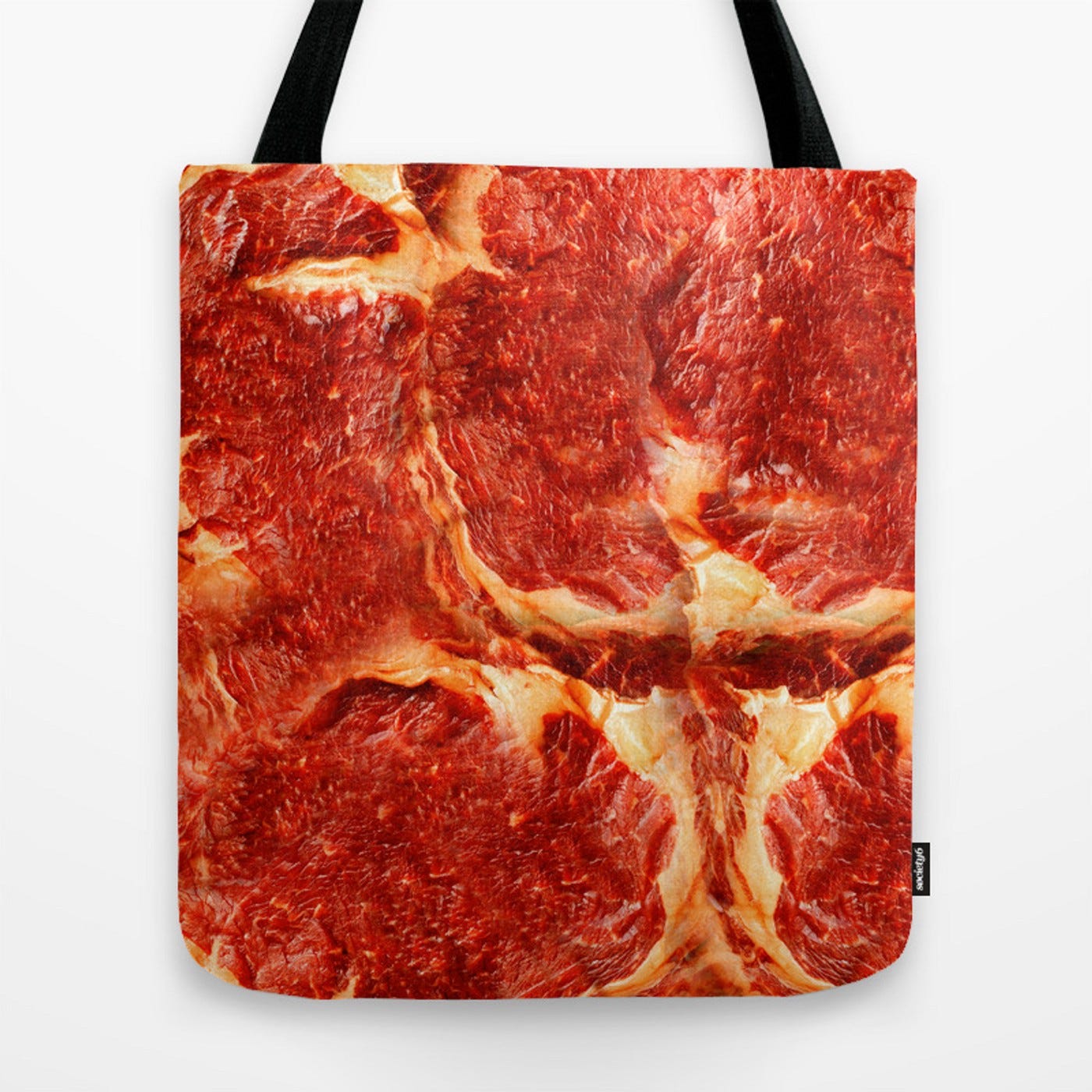
DG#15
How and why did you choose to build in Colorado? How can I understand the world problems that you’ve dedicated yourself to as an aeronautical engineer and as a sustainable systems engineer? We continue to fuck up this planet and it’s habitants, so why would we go off to colonize another and think that it would be any different? What else did you want to address? Could we somehow pivot on our own sense of being, to cease to feel that sacredness of ownership over one’s own meat, to render that sensibility more diffuse — not just to the heart, and not just the gut, and not just to the microbiome that we carry around in our salinated meat sack, and not just to the room that we’re in or the field of view that we are manifesting — to incorporate that integral and holistic connectedness to a world rendered whole? There are territories to dissolve, arbitrary distinctions to dismantle, blockages of flows to uncork, people living in terror that will need to be nurtured back to sanity, problems of sustainability to design for, but if our current coordination efforts could amount to a global shift in self-awareness, might we dare to hope for realignment in these other areas? How does Earth create conditions conducive to more life? Will you share your six heuristic principles? What whole?
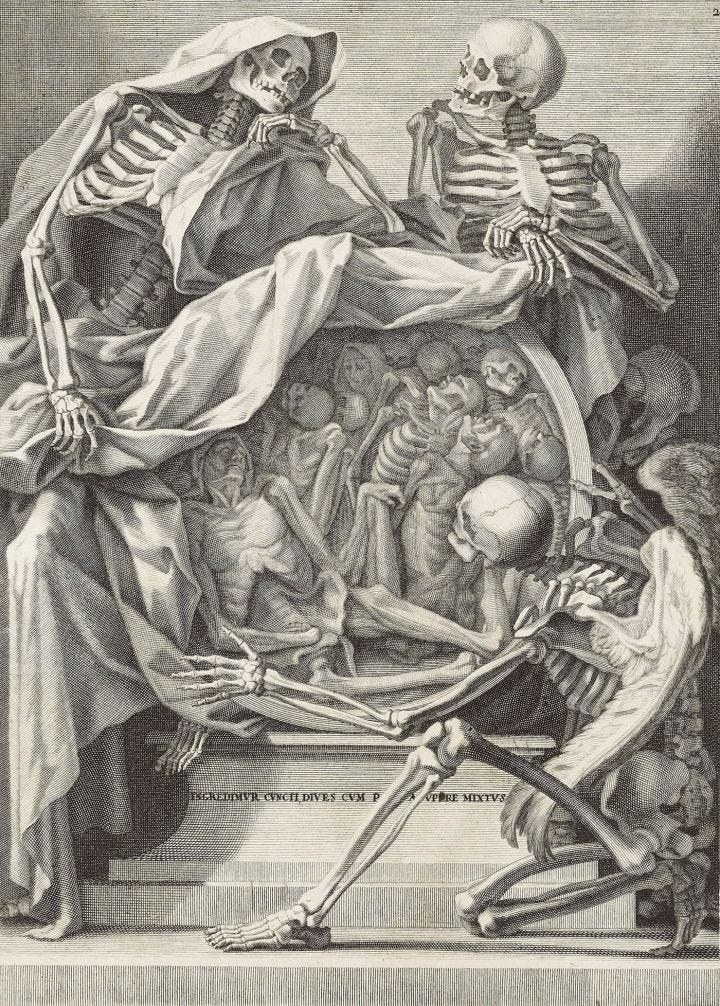
DG#16
What’s the one thing that comes to your mind first when thinking about this project? What’s the goal? Any rule will take you somewhere, but will you end up where you want? What are the ways that these communities talk about these things? What’s the stuff between the ears that is driving them to do something? What does it mean to transcend the metaphoricity of open-source data inspired by mycelial networks or arboreal root systems in this highly reductivist anthropocentric sense? Do we seriously entertain the possibility that our synthetic human systems could ever approach a level of complexity to become auto-generative, sustainably regenerative, anti-fragile, which is to say natural systems? Is it a feat of incredible human hubris to insinuate that we may still become Gods, creators and destroyers of worlds, forking natural systems from our own ribs? In this DeathGuild project, what is meant by this particular kind of efficiency? Where is the cantankerous root? Can we illustrate such a dilemma through an imposition of individual responsibility? How might we take action steps to instigate a perspectival shift? Where do you enter into a system? Where is the most interesting entry point for our engagement for this project that we have become involved with? Where can we enter? Where can we make an impact? If we are going to be a little bit sneaky about it, where would the most interesting results be produced? If we could gain access to the system, what kind of virus would we plant? What kind of language or code would we change? Assuming that we have power to actually instigate change, where would we enter? Where do we believe that we might address our concerns with these particular technologies and explore alternative ways of designing them? If we had the power, what would we change? Would we hack their manifestos, or what would we do? Are there leverage points in our perception of this system where we could make an input that would make a difference in terms of how the builders are thinking about the world and the reality tunnel they are constructing? You’re proposing that we might identify entry points into the system: is it the manifesto or is there another part of the construct that would allow for a potential opening? At the same time, how might we configure openings in our internal composition as they relate to the external compositions? Perhaps the task is twofold: to identify our entry point into the system, while also preparing ourselves to be agile enough, to be supple enough, to fit into that very slim opening and not be crushed by the weight? Is it chaos or is it entropy? How do we prep you so you can go in and cast the right spells? What do you need to bring on this journey?
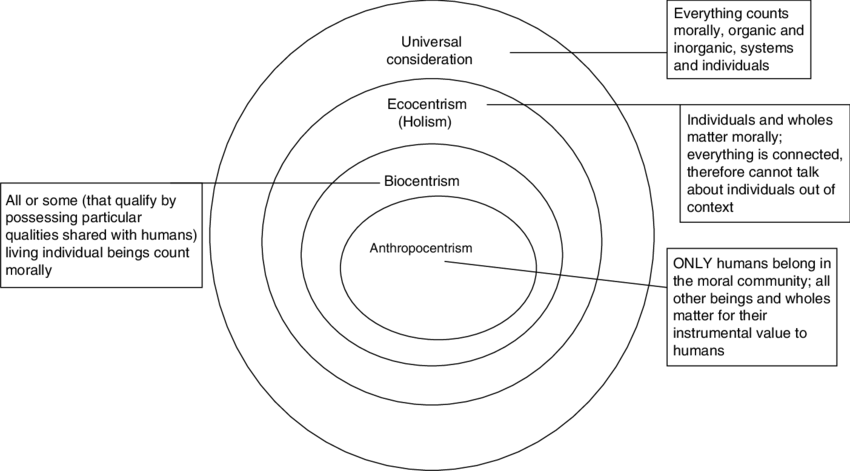
DG#17
How can the questions we have generated be put to use? Where would the most interesting results be generated? Does it require interacting with the system in certain ways? If so, how would we identify those ways? What kind of virus would we plant, or what kind of intervention might we perform? What kind of language might we craft to interface with the latent ideologies? How might we shift or modify the direction of the conversation? If we could summon the power to change things, how would we go about it? Where would we go about it? Where is the entry point for us to begin a perspectival shift, or an ontological pivot? How can we use the means at our disposal to contemplate an alternative design language? What part would we change? How do we design ourselves? How do we prepare our orientation to approach a system, in order to be able to identify those entry points? Will we choose to think in terms of a conclusion, to think conclusively or comprehensively about these issues? Do we need another session? We should encourage each other to be open to keeping these questions open-ended, so how far can we open them? How are her texts influential on the Web3-DAO community? Can it still be considered a commons if it’s constantly changing, if it can’t be kept in common? How is it accessible, if that can be used as an analogy? Can I just walk in there? What’s a commons? How might we consider a network as an internet of beings more than an internet of things? How could these decentralized networks start to craft a space for this potential? How might a decentralized and interactive modality of relation allow us to open up this question? Might this technology lead to a recovery of the land? I’m interested in that basic question: how could this network of crypto miners be operating towards a recovery of the land? What does this virtual currency have to do with ecological notions of the sustainable management of a physical commons and all of these other ideas? When does a resource become a treasure? When does a commons become a treasury, a bank, a war chest? How do we manage value in relation to our values? How do we become aware of the flow of resources in our existential systems? Should we call identity a resource? In my opinion, the most important question should be what are we coordinating for? If it’s coordination for pure coordination’s sake, or optimization for optimization’s sake, pure efficiency without explicit human ethics, isn’t this the most disastrous, the most terrific and horrific and grotesque kind of failure? Isn’t this a perpetuation of the same colonial trauma? Isn’t this the perspective that renders the whole world as a resource to be mined for our immediate benefit by sacrificing the potentials of future prosperity and sustainability? Or any future at all for that matter? If you’re not clear about what you’re trying to create, about the change that you’re trying to implement, who knows what you’re going to end up with? Is this the best question that we can serve? Is this the last question? Will we simply resolve that this is not our domain? Might we go further to instill a sense of responsibility that there certainly must be a purpose — purpose must not be thrown under the bus for sake of efficiency — and that purpose defines an ethics, an integrity that we must co-develop as a community? How can your way to your destination be a nurturing process in itself for everything that you encounter and the communities that you engage with and the lands that are part of the journey of getting somewhere? Western art attempts to critique itself while critiquing it’s own embeddedness in the world, right? Isn’t this reason enough to let it go? How could we act upon letting it go? How can a group of engineers, thinkers, and developers of these technologies come to the indigenous University that I’m working with so we can craft a space to think about these problems together? We’re not seeking for answers here, but I’m wondering: is there a better way to articulate this? I thought you were a scientist? I thought we lived in a deterministic universe? Is that a delusion of the master? If you’re engaging with this community and you’re coming from a point of view that there’s an imagination failure in terms of how things are designed and the potential purposes that can exist within those designs, then what kinds of space can you nurture that can hold an expansion of the imagination when you engage with these communities? If we consider the school a space with some particular qualities or properties, how can you carve out spaces in these communities in an interesting, semi-sustained way? Is this the end?
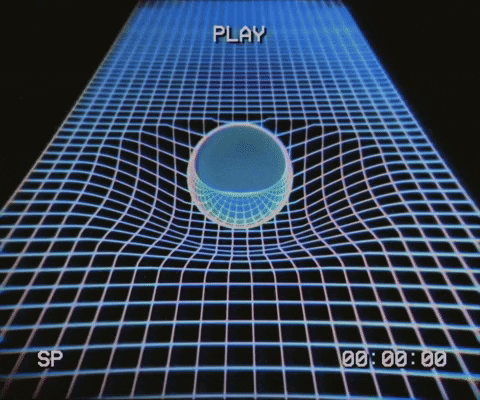
Let’s call them schools (?)
This series is made possible by a generous grant awarded by MolochDAO. Thank you Moloch! 👹🔪🩸